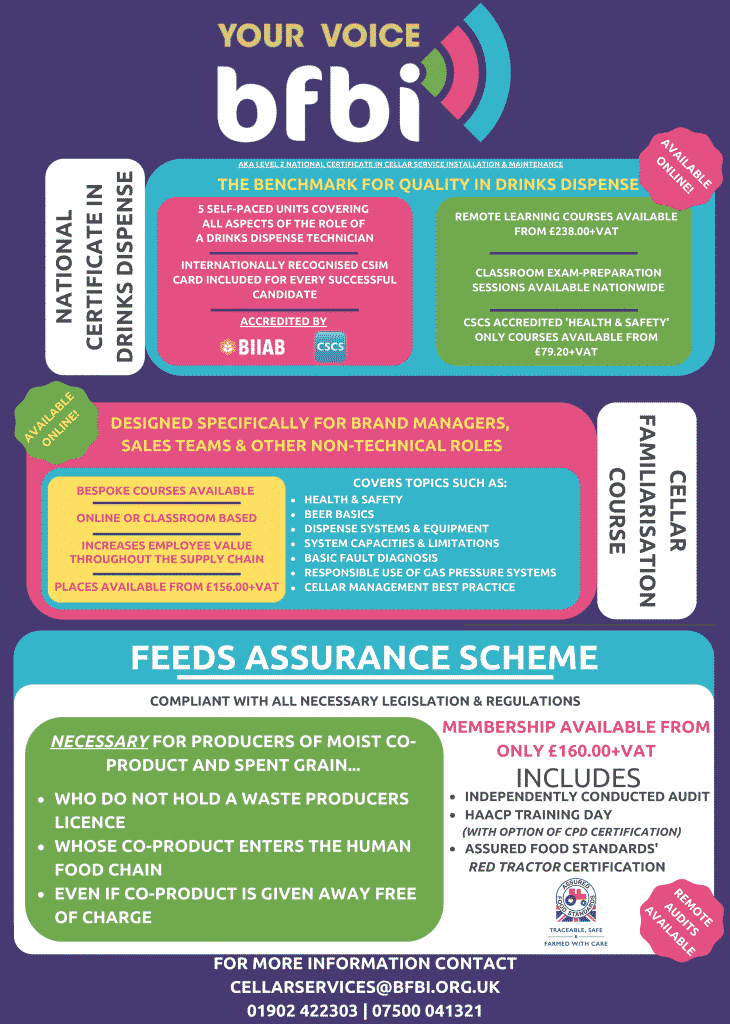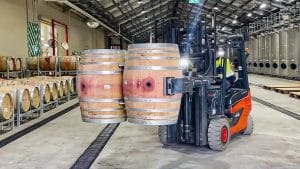BFBI is currently running a Level 2 Technical Certificate in Drinks Dispense, Feed Assurance Scheme and Cellar Familiarisation Course.
About the Level 2 Technical Certificate in Drinks Dispense:
The NCCSIM (National Certificate in Cellar Service Installation & Maintenance) course has been designed by industry professionals, for industry professionals, and offers knowledge consolidation and proof of competence for Drinks Dispense Technicians.
Established in 2007 to help satisfy the demand for qualifications at this level for cellar service engineers, the nationally accredited certificate provides a recognised quality, minimum standard in this specialist field, particularly with regard to gas installation.
The course covers a wide variety of elements that the Drinks Dispense Technician needs in order to be successful in the dispense environment; topics covered range from gas pressure systems to properties of beer, and from dispense equipment to codes of practice.
The BIIAB NCCSIM is designed for anyone working, or planning to work, as a cellar engineer, within:
- pubs • hotels
- bars • wine bars
- restaurants • night-clubs
and any other venue that has a cellar requiring an engineer.
The qualification is also recognised by CSCS (Construction Skills Certification Scheme) and successful candidates will receive an accreditation and identification card, carrying the CSCS holofoil, free of charge.
Courses run regularly at our venues across the country, and bespoke courses can be run to suit the varying needs of different organisations, so please contact us today and find out how we can help make your technicians the best they can be.
For more information about the Level 2 Technical Certificate in Drinks Dispense, click here or email us.
About the Cellar Familiarisation Course:
The new, one day Cellar Familiarisation Course covers a wide range of topics, with a view to enabling brand managers to understand the how and why of the majority of dispense systems in the ontrade (the day is not intended as training for cellar service technicians) and covers information on:
- Installing additional equipment to dispense a product on an existing system – i.e. an extra product line
- A brand product change
- Basic Quality checks, prior to Installing on an existing Drinks Dispense System
Training can take place either on-site or at one of BFBi’s training venues.
For more information about the Cellar Course, send us an email.
About the Feed Assurance Scheme:
Breweries and distilleries within the UK are required to assure the safety of co-products (such as brewer’s grains, draff, trub, surplus yeast and surplus beer) that are fed to animals to be used in the human feed chain. They must comply with the requirements of feed legislation and demonstrate adequate controls throughout the supply chain from the selection of raw materials to the marketing of co-products as feed materials.
Most large breweries and distilleries are subscribed to the Feed Materials Assurance Scheme (FEMAS) and have an annual audit of their co-production and transport.
The BFBi Feed Assurance Scheme, recognised by Assured Food Standards, Meat & Livestock Commission and NFU, is tailored to assist small breweries/distilleries protect both animal and human health whilst satisfying the requirements of farm assurance bodies with regard to the safety and quality of brewing co-products.
The Scheme embraces breweries with an annual production of up to 200,000hl (European definition of a “Small Brewer”). Small distillers are also eligible to join the Scheme.
““The traceability and safety of feed is a vital element of livestock assurance and this BFBI scheme helps us to ensure that this is delivered in cases where a farmer buys in brewers’ grains.”
“The traceability and safety of feed is a vital element of livestock assurance,”
David Clarke, Assured Food Standards Chief Executive,
“There is a difference between being legally HACCP compliant (registering with your local council) and being assured to supply into an assured food chain such as Red Tractor. The BFBi scheme is the SALSA equivalent for feed. Not a legal requirement but a requirement if you wish to sell or give feed to certain customers. Your farmer should be able to tell you if his meat/milk etc goes into an assured food chain and, if it does, he/she should be asking for your certificate of compliance to prove traceability (local authority registration will not suffice)”
For more information about the Feed Assurance Scheme, click here or email us.





